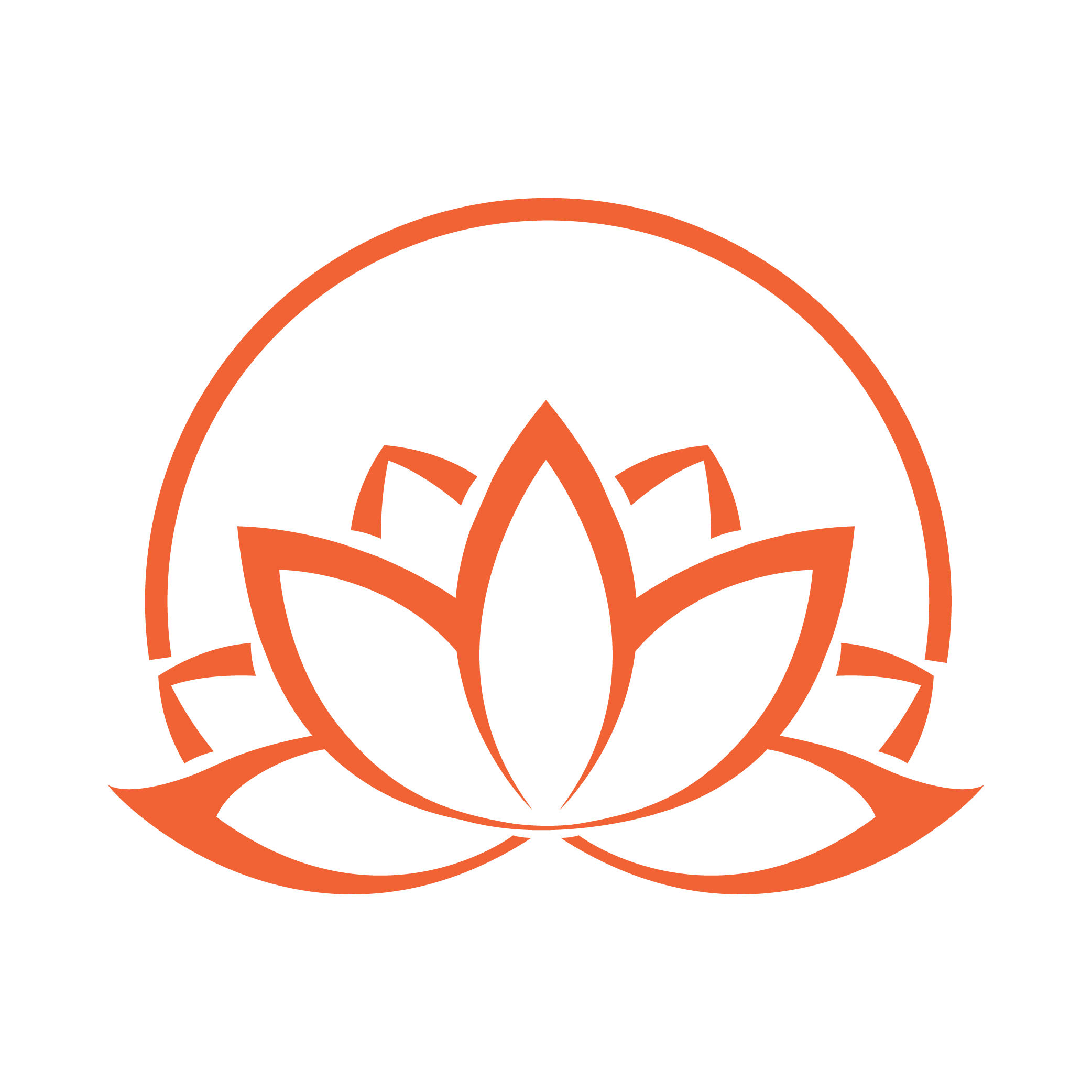Teaching philosophy
How I help learners gain actionable knowledge for today’s economy while serving others
My Teaching Philosophy
I believe that in a democratic society all citizens deserve equal access to the most effective means of communication. As a first-generation college graduate and Ph.D. from a low-income family, I know all too well how valuable a teacher committed to introducing cutting edge knowledge can be. Toward this end, I believe in encouraging both students and community members I work with to utilize a variety of technologies and communication practices so that they might learn to shape the most effective communication possible given their goals, their audiences, and the resources available to them.
I have taught many classes during my career with these aims in mind but would like to highlight two in particular. The first is a junior-level business writing and service-learning class called Writing for Business and Industry, in which students investigate and analyze best practices and trends related to social business, market research, and content strategy, as well as helping to contribute to the web presences and internal communication processes of local organizations. The second I’d like to highlight is a graduate-level technical communication class called User Experience Design, in which students investigate and analyze the emerging field of User Experience Design (UX), as well as performing UX research with actual users via industry-standard tools.
The goals of classes such as these are to encourage students to interrogate the connections between digital technologies and local communities, with an eye toward gaining actionable knowledge on communication problems that stakeholders within those communities face. In doing so, students learn about and perform a variety of academic, professional, technical, and design genres that range from essays and reports to technical documents; and from content strategy guides to digital videos, websites, and UX deliverables (e.g., wireframes, prototypes, usability reports, etc.). At the same time, they provide actual solutions to local organizations in need, organizations that, in turn, serve a wide variety of marginalized people in our society.
My classes also have in common a commitment to learning outcomes that transcend the classroom. I invite students not only to work with actual stakeholders beyond the classroom, but also to research industry trends and best practices that will help them foster their future careers. Students in my classes have done research and produced deliverables with such populations as migrant farm workers, workers at a university cafeteria, a local art teacher, an on-campus student service organization, a technical writing firm that maintains free wiki-based repair manuals, a paleontological research institution, a local chapter of the American Red Cross, a local homeless shelter, and many others.
I’m always open for research, teaching, and consulting partnerships
